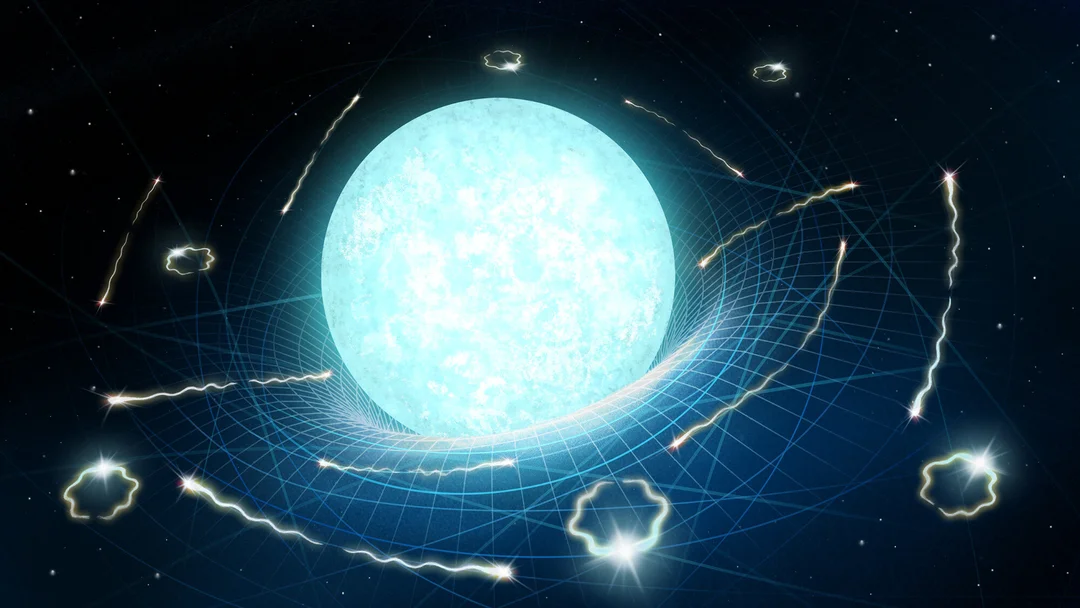
The Universe’s Abrupt Epilogue: Death Knell Sooner Than Expected
Hold onto your hats, space enthusiasts! New research indicates the universe's lifespan might be significantly shorter than previously believed. Forget those mind-boggling 10^1100 years; scientists now estimate the cosmos could fade into oblivion by 10^78 years. This revelation, based on updated understanding of Hawking radiation and the decay of stellar remnants, throws a wrench into our long-term cosmic planning. What does this shorter timeline mean for the ultimate fate of everything?
A team of Dutch scientists from Radboud University – black hole expert Heino Falcke, quantum physicist Michael Wondrak, and mathematician Walter van Suijlekom – have published their findings in the Journal of Cosmology and Astroparticle Physics. Their calculations, a follow-up to a 2023 study, suggest that even the most enduring celestial objects, like white dwarf stars, will eventually succumb to Hawking-like radiation and evaporate.

The core of their research revolves around a reinterpretation of Hawking radiation, a concept introduced by Stephen Hawking in 1975. Hawking proposed that particle-antiparticle pairs could briefly appear near a black hole's event horizon. One particle might fall into the black hole while the other escapes, effectively causing the black hole to lose mass and energy over time. The Dutch team expanded this theory, suggesting that Hawking-like radiation affects all objects with a gravitational field.
"By asking these kinds of questions and looking at extreme cases, we want to better understand the theory—and perhaps one day, we unravel the mystery of Hawking radiation," said Walter van Suijlekom, emphasizing the importance of interdisciplinary collaboration in pushing the boundaries of our understanding.
Intriguingly, the researchers discovered that the decay rate depends solely on an object's density. This led to the surprising conclusion that neutron stars and stellar black holes, despite their vastly different gravitational strengths, would take roughly the same time to evaporate: about 10^67 years. Michael Wondrak explains this counterintuitive result by noting, "Black holes have no surface. They reabsorb some of their own radiation, which inhibits the process."

For those keeping score at home, the researchers also calculated the evaporation time for a human and the moon at 10^90 years. However, they humorously point out that "there are other processes that may cause humans and the moon to disappear faster than calculated."
While 10^78 years still seems like an eternity, this revised timeline carries significant implications. It challenges our current understanding of the late universe and necessitates further exploration into the nuances of Hawking radiation and its impact on cosmic evolution. Heino Falcke, lead author, noted, "So the ultimate end of the universe comes much sooner than expected, but fortunately it still takes a very long time."
Will this discovery inspire a renewed focus on dark energy and its role in accelerating cosmic decay? How will it affect our search for extraterrestrial life, considering the potentially shorter window of opportunity? Share your thoughts and theories in the comments below!